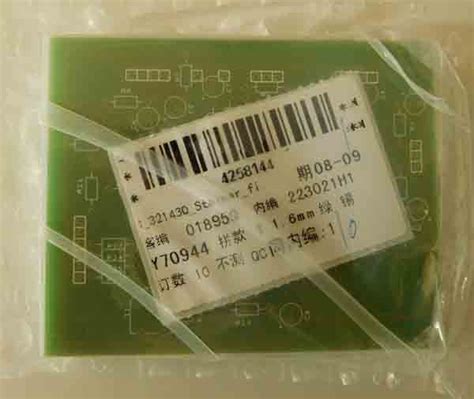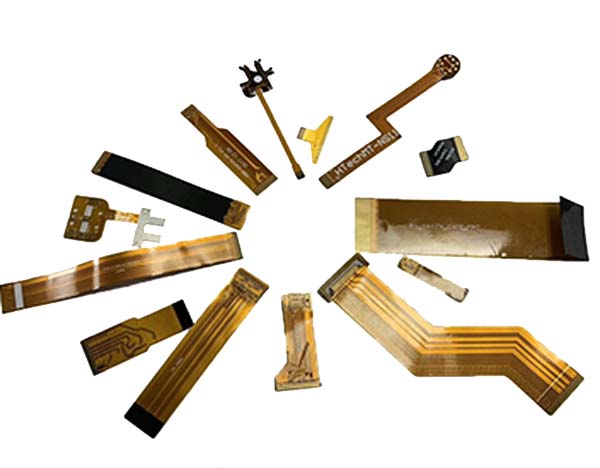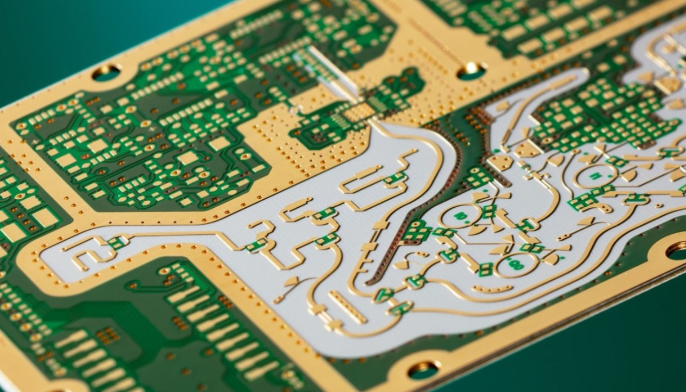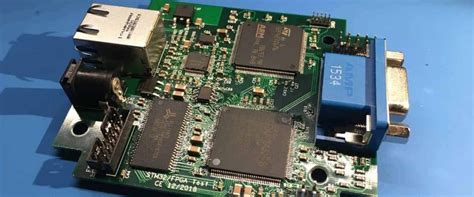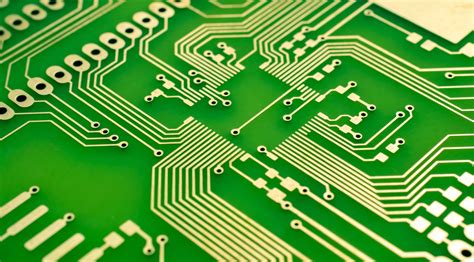Hobbyist PCB Manufacturers: Balancing Quality and Affordability
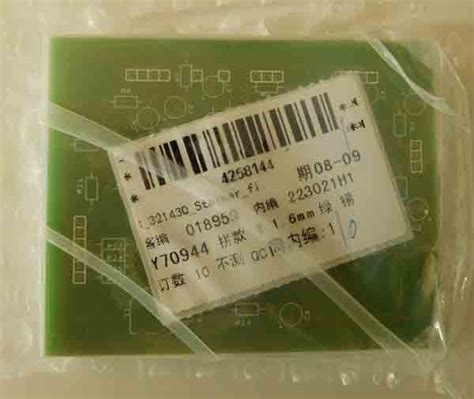
Key Takeaways
When navigating PCB manufacturing for hobbyist projects, understanding the balance between PCB manufacturing cost and quality is crucial. Leading PCB manufacturing companies like Sierra Circuits cater specifically to DIY enthusiasts, offering rapid prototyping with 1-day turnaround and premium solder masks that ensure durability without breaking the bank. Here’s what you need to prioritize:
| Factor | Budget-Friendly Option | Premium Option |
|---|---|---|
| Turnaround Time | 3–5 business days | 24-hour service |
| Solder Mask Quality | Standard epoxy | High-resolution LPI |
| Cost per Board | $2–$5 | $10–$15 |
Tip: Always verify if your chosen vendor offers design-for-manufacturing (DFM) checks—this can save you costly revisions later.
While PCB manufacturing business models vary, hobbyists benefit most from vendors that scale services to smaller batches. For example, some companies reduce PCB manufacturing cost by waiving tooling fees for prototypes, while others bundle services like panelization. When comparing options, prioritize transparency in pricing and flexibility in order sizes—key traits for balancing experimentation with budget constraints.
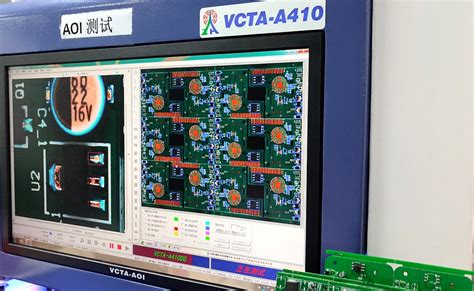
Top US PCB Makers for Hobbyists
When choosing PCB manufacturing partners for DIY projects, U.S.-based providers offer distinct advantages in shipping speed and technical support. Leading PCB manufacturing companies like Sierra Circuits and Bay Area Circuits specialize in rapid prototyping, with some offering 24-hour turnaround times for simple designs—critical when testing iterative concepts. While PCB manufacturing cost remains a key factor, these vendors often provide tiered pricing that scales with board complexity, letting you balance budget and functionality.
Smaller-scale PCB manufacturing business operations, such as OSH Park, cater specifically to hobbyists through shared panel services, dramatically reducing per-unit expenses for low-volume orders. Look for features like high-quality solder masks and silk-screen precision, which ensure durability during repeated testing. Transparent design guidelines and automated quote calculators—common among top-tier providers—help avoid costly revisions. Prioritize companies offering FR-4 material options and clear impedance control specifications if your projects involve high-frequency circuits. By aligning manufacturer capabilities with your technical requirements, you can optimize both quality and affordability without compromising on prototyping agility.
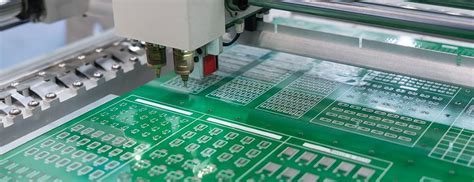
PCB Cost vs Quality for Hobbyists
When balancing PCB manufacturing cost and quality for DIY projects, you’ll need to weigh technical specifications against budget constraints. While cheaper PCB manufacturing companies might offer lower prices for prototypes, they may cut corners on materials or tolerances, risking functionality. For instance, opting for FR-4 substrates over cheaper alternatives ensures better thermal resistance, which matters for circuits exposed to heat. Similarly, small-batch orders from hobbyist-focused vendors often include premium solder masks at competitive rates, reducing the risk of solder bridges in dense layouts.
However, higher-quality PCB manufacturing doesn’t always mean prohibitive costs. Many providers now offer tiered pricing—charging less for longer lead times or simpler designs—so you can prioritize either speed or precision. Layer count and surface finishes (like HASL vs. ENIG) also impact PCB manufacturing business pricing, with ENIG providing flatter surfaces for SMD components at a slight premium. To optimize spending, compare vendors that specialize in low-volume prototyping, as their economies of scale often align better with hobbyist needs than mass-production-focused firms.
Ultimately, your project’s complexity and performance requirements should guide where to invest. A $5 board might work for basic circuits, but high-frequency designs or fine-pitch components demand tighter tolerances—a trade-off worth considering before finalizing your order.
1-Day Turnaround PCB Prototyping Services
When iterating on DIY electronics projects, waiting weeks for prototypes can stall creativity. This is where PCB manufacturing services with 1-day turnaround shine, allowing you to test designs faster than traditional methods. Leading PCB manufacturing companies leverage streamlined processes—like automated optical inspection (AOI) and direct data transfers—to reduce lead times without sacrificing quality. For hobbyists, this means you can identify design flaws early and refine boards in hours, not days.
While speed is critical, balancing PCB manufacturing cost remains essential. Some vendors offer tiered pricing: basic 2-layer boards at lower rates, with premiums for advanced features like controlled impedance or blind vias. Always verify if rush fees apply, as these can inflate budgets. Reputable providers also maintain transparency about material choices—FR-4 substrates versus high-frequency laminates—to help you align specs with project needs.
For small-scale innovators, rapid prototyping bridges the gap between concept and functional testing. By partnering with agile PCB manufacturing business partners, you gain flexibility to experiment with complex layouts or mixed-signal designs while keeping timelines tight. Just ensure your chosen vendor supports file formats like Gerber X2 and offers real-time order tracking—key markers of a hobbyist-friendly service.
Sierra Circuits: Hobbyist PCB Excellence
When searching for PCB manufacturing partners that cater to hobbyists, you’ll find Sierra Circuits stands out for its ability to merge precision with accessibility. Unlike many PCB manufacturing companies that prioritize large-scale orders, Sierra specializes in accommodating smaller projects without compromising on technical rigor. Their 1-day turnaround for prototypes ensures you can iterate designs rapidly—a critical advantage when testing circuits for DIY electronics.
What truly distinguishes Sierra is their attention to PCB manufacturing cost efficiency. By offering tiered pricing models, they allow you to choose between basic FR-4 substrates or advanced materials like Rogers laminates, depending on your project’s complexity. This flexibility ensures you’re not overpaying for features you don’t need. Additionally, their premium solder masks provide durability for repeated testing, reducing the risk of trace damage during hands-on experimentation.
For hobbyists navigating the PCB manufacturing business, Sierra’s user-friendly platform simplifies file submissions and design rule checks, minimizing errors before production. While their rates might be slightly higher than budget-focused vendors, the combination of speed, reliability, and technical support justifies the investment—especially when refining high-performance circuits. Whether you’re building a custom microcontroller board or a radio-frequency module, Sierra Circuits balances professional-grade quality with the practical demands of small-scale creators.
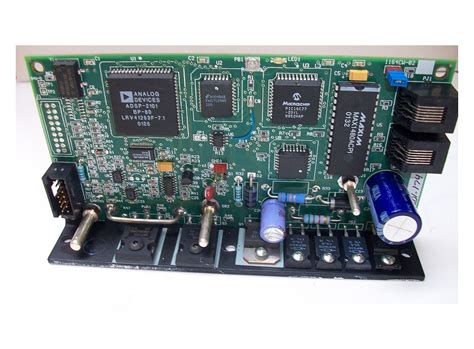
Premium Solder Masks for DIY PCBs
When selecting a PCB manufacturing partner for your DIY projects, the quality of solder masks can make or break your board’s reliability. Premium solder masks protect copper traces from oxidation, prevent accidental shorts, and ensure clean solder joints—critical for prototypes that demand longevity. While many PCB manufacturing companies offer standard green masks, hobbyists often benefit from specialized options like matte black or glossy finishes, which improve aesthetics without compromising functionality.
Balancing PCB manufacturing cost with quality becomes easier when vendors provide customizable solder mask layers. For example, thinner masks reduce material expenses but may require tighter process controls to avoid defects. Thermally cured masks, though pricier upfront, deliver superior adhesion and chemical resistance compared to UV-cured alternatives—ideal for boards exposed to harsh environments.
If you’re managing a small-scale PCB manufacturing business or personal workshop, prioritize suppliers that validate mask alignment and thickness during prototyping. This ensures your design’s fine-pitch components won’t suffer from bridging or incomplete coverage. Some vendors even offer UL-certified masks, adding credibility to commercial-ready DIY projects. The key is to weigh durability against budget, ensuring your solder mask choice aligns with both performance needs and long-term cost efficiency.
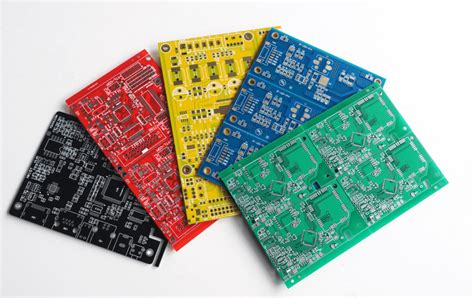
Affordable PCB Options for DIY Projects
When sourcing PCB manufacturing services for DIY projects, balancing cost and functionality is critical. Many PCB manufacturing companies now cater specifically to hobbyists by offering scaled-down pricing models, such as low minimum order quantities (MOQs) or discounted prototyping batches. For example, services with PCB manufacturing cost structures starting at $5-$10 per board enable experimentation without breaking the bank.
Look for vendors that prioritize standard specifications over premium add-ons—features like 1-ounce copper thickness or FR-4 substrate often suffice for most hobbyist applications. Some providers even waive setup fees for simple two-layer designs, making PCB manufacturing business models more accessible. However, avoid sacrificing trace clarity or solder mask durability solely to cut costs; inconsistent quality can lead to frustrating rework.
When evaluating affordability, consider turnaround time trade-offs. While 1-day prototyping is convenient, opting for a 3-5 day service tier can reduce expenses by 30-40%. Tools like online price calculators let you adjust parameters like board size or silkscreen colors to stay within budget. Remember: the cheapest option isn’t always the most cost-effective if it compromises your project’s reliability.
By aligning your design requirements with flexible PCB manufacturing solutions, you can achieve professional-grade results without overspending.
Comparing Hobbyist-Friendly PCB Vendors
When evaluating PCB manufacturing companies for DIY projects, you’ll want to balance technical capabilities with budget constraints. Start by identifying vendors that specialize in low-volume orders, as many PCB manufacturing services cater primarily to industrial clients. Look for features like flexible order minimums and design rule checks tailored for hobbyist designs—these ensure your prototypes meet functional requirements without unnecessary complexity.
Cost structures vary significantly across providers. While PCB manufacturing cost is a critical factor, avoid equating lower prices with inferior quality. Some companies offset expenses by optimizing material usage or offering tiered pricing based on turnaround times. For instance, a vendor might charge less for a 5-day lead time but premium rates for 1-day prototyping—a trade-off worth considering if speed aligns with your project timeline.
Reputation matters in the PCB manufacturing business, so prioritize companies with verified customer reviews and transparent communication channels. Check if they provide detailed documentation, such as Gerber file guidelines or layer stacking options, which simplify the design process. Finally, compare value-added services like solder mask color choices or ENIG finishes—these might seem minor but can elevate the professionalism of your finished board without breaking the bank.
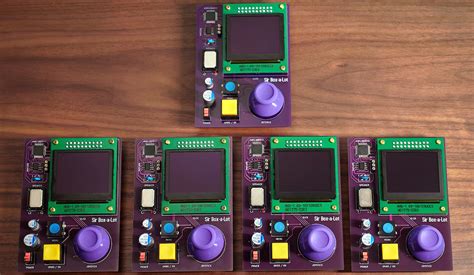
Rapid Prototyping Benefits for Hobbyists
When working on DIY electronics, time is often as critical as functionality. PCB manufacturing services with rapid prototyping allow you to test designs within hours instead of weeks, accelerating your iteration cycle. For hobbyists, this means fewer delays between concept validation and final builds. Leading PCB manufacturing companies now offer 1-2 day turnaround times, enabling you to refine layouts, troubleshoot errors, or experiment with new components without derailing project timelines.
The cost-effectiveness of rapid prototyping also stands out. While PCB manufacturing cost traditionally scales with speed, many vendors provide tiered pricing—letting you prioritize urgency for critical layers while keeping simpler boards affordable. This flexibility ensures you don’t compromise on quality for quick results. For instance, advanced solder masks and precise drilling remain accessible even in expedited orders, maintaining professional-grade outputs for DIY projects.
Moreover, fast-turn services align perfectly with the iterative nature of hobbyist work. Whether you’re refining a custom microcontroller board or optimizing power distribution in a wearable device, rapid prototyping lets you fail fast, learn faster, and innovate with confidence. As the PCB manufacturing business evolves to cater to makers and tinkerers, these services bridge the gap between experimental ideas and market-ready solutions—all while keeping budgets hobbyist-friendly.
Conclusion
When navigating the world of PCB manufacturing for DIY projects, striking the right balance between quality and affordability is essential. While PCB manufacturing companies vary in capabilities, prioritizing vendors that specialize in hobbyist-friendly services ensures you get features like premium solder masks and 1-day prototyping without overspending. Keep in mind that PCB manufacturing cost often reflects technical complexity, so aligning your design requirements with a provider’s strengths can optimize your budget.
For small-scale projects, exploring PCB manufacturing business models that cater to low-volume orders—such as shared panel services or tiered pricing—can dramatically reduce expenses. However, never compromise on reliability; reputable manufacturers invest in quality control to minimize errors that could derail your DIY efforts. By comparing lead times, material options, and customer support, you’ll find a partner that supports both your creative vision and practical needs. Ultimately, informed decisions in PCB manufacturing empower you to prototype smarter, iterate faster, and bring your ideas to life with confidence.
FAQs
How do PCB manufacturing companies balance cost and quality for hobbyists?
Most reliable providers optimize PCB manufacturing cost by offering tiered pricing—lower quantities for prototyping and bulk discounts for larger orders. They maintain quality through standardized testing processes while keeping overhead low with automated systems.
What features should you prioritize when choosing a PCB manufacturing business?
Look for fast turnaround times (like 24-hour prototyping), premium solder masks, and clear communication channels. Affordable PCB manufacturing doesn’t mean compromising on trace clarity or material durability, especially for complex DIY designs.
Why is 1-day turnaround critical for hobbyist projects?
Rapid prototyping lets you test iterations quickly, reducing delays in project timelines. Many PCB manufacturing companies now offer expedited services without inflating PCB manufacturing cost, making experimentation more accessible.
Can hobbyists access enterprise-level PCB features affordably?
Yes. Some providers extend advanced options like impedance control or gold-plated connectors to hobbyists at scaled pricing. Always compare PCB manufacturing quotes to ensure you’re paying fair rates for the specs you need.
How do solder masks impact DIY PCB reliability?
Premium solder masks prevent corrosion and short circuits, extending your board’s lifespan. While these add marginally to PCB manufacturing cost, they reduce long-term repair expenses for frequently used projects.
Ready to Start Your Project?
For hobbyist-friendly PCB manufacturing with transparent pricing and fast prototyping, please click here to explore tailored solutions.

